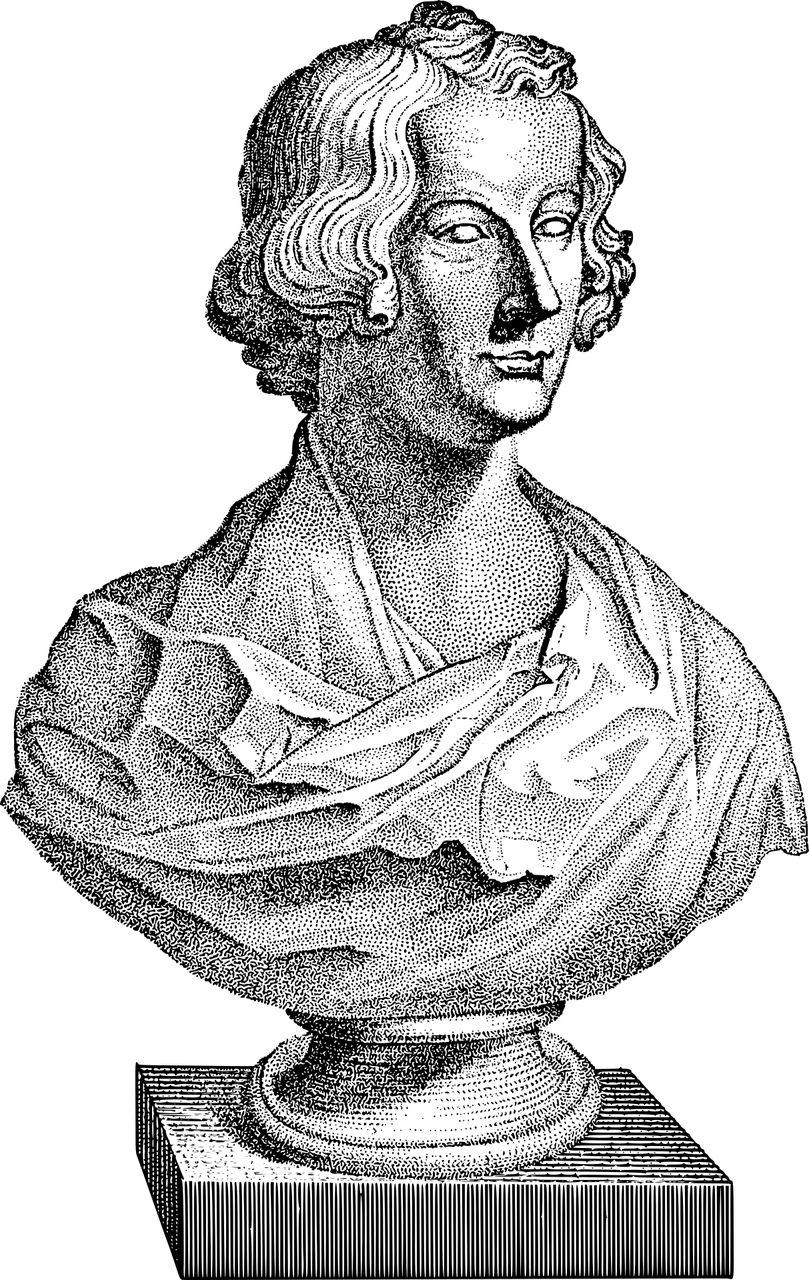Animal Farm by George Orwell: A Masterpiece Exploring Power Dynamics in Society

Introduction:
Animal Farm by George Orwell is a timeless literary masterpiece that delves into the complex themes of power, corruption, and the cyclical nature of history. It is a satirical novella that was first published in 1945 and has since become a classic, captivating readers with its thought-provoking allegory. In this article, we will explore the significance of Animal Farm and its evolution over time, highlighting its enduring relevance and impact on literature.
Historical Overview:

Animal Farm was written by George Orwell, an English novelist and journalist, during a time of political turmoil and ideological conflict. Orwell drew inspiration from real-world events such as the Russian Revolution and the rise of authoritarian regimes in Europe. The novella serves as a scathing critique of totalitarianism and the abuse of power by those in positions of authority.
Throughout the years, Animal Farm has not only maintained its popularity but also gained increased recognition as an enduring literary classic. Its powerful depiction of corruption and manipulation resonates with readers of all ages and backgrounds, making it a staple in literature curricula worldwide. The story’s universal themes and Orwell’s skillful storytelling have cemented its place as a cultural landmark.
Key Elements of Animal Farm:
1. Allegorical Nature: Animal Farm uses animals as characters to represent different aspects of human society. Through these anthropomorphized creatures, Orwell explores the flaws and vulnerabilities inherent in political systems.
2. Power Dynamics: The novel examines the corrupting influence of power and how it can lead to the oppression of the masses. It portrays the gradual transformation of the animals’ revolution into a dictatorship, highlighting the dangers of unchecked authority.
3. Satirical Commentary: Orwell employs satire to expose the hypocrisy and deceitfulness of political leaders. He cunningly ridicules their rhetoric, propaganda, and manipulation techniques, urging readers to question authority and think critically.
4. Historical Parallels: Animal Farm draws parallels to pivotal events in history, primarily the Russian Revolution of 1917. Orwell uses the characters and events in the novel to mirror the rise and fall of totalitarian regimes, demonstrating the cyclical nature of power struggles.
5. Author’s Intent: Orwell’s objective in writing Animal Farm was to shed light on the dangers of totalitarianism and emphasize the importance of democracy, freedom, and human rights. His nuanced portrayal of characters and their motivations serves as a cautionary tale against the allure of power.
Evolution of Animal Farm:
Since its publication, Animal Farm has faced numerous challenges and controversies. Despite being hailed as a literary masterpiece, it has faced censorship in some countries due to its critical portrayal of political systems and leaders. However, these controversies have only solidified its reputation as an influential work, sparking debates about freedom of expression and the role of satire in society.
Animal Farm has also influenced subsequent works of literature, film, and popular culture. Its Animalism ideology and iconic characters like Napoleon and Snowball have become emblematic of political corruption and manipulation. The novella’s impact can be seen in the emergence of similar dystopian narratives, further cementing Orwell’s legacy as one of the most important political commentators of the 20th century.
As the world continues to grapple with political upheavals, social injustices, and power imbalances, Animal Farm remains a poignant reminder of the dangers of unchecked authority and the importance of critical thinking. Orwell’s ability to craft a compelling narrative while conveying profound messages is a testament to his literary genius.
In conclusion, Animal Farm by George Orwell continues to captivate readers with its powerful commentary on power, corruption, and the cyclical nature of history. Through its allegorical depiction of animals, the novel explores the flaws in political systems while reminding us of the importance of democratic values. Orwell’s masterful storytelling and astute observations have secured Animal Farm’s place as a timeless literary gem that not only entertains but also challenges readers to question authority and uphold their rights.